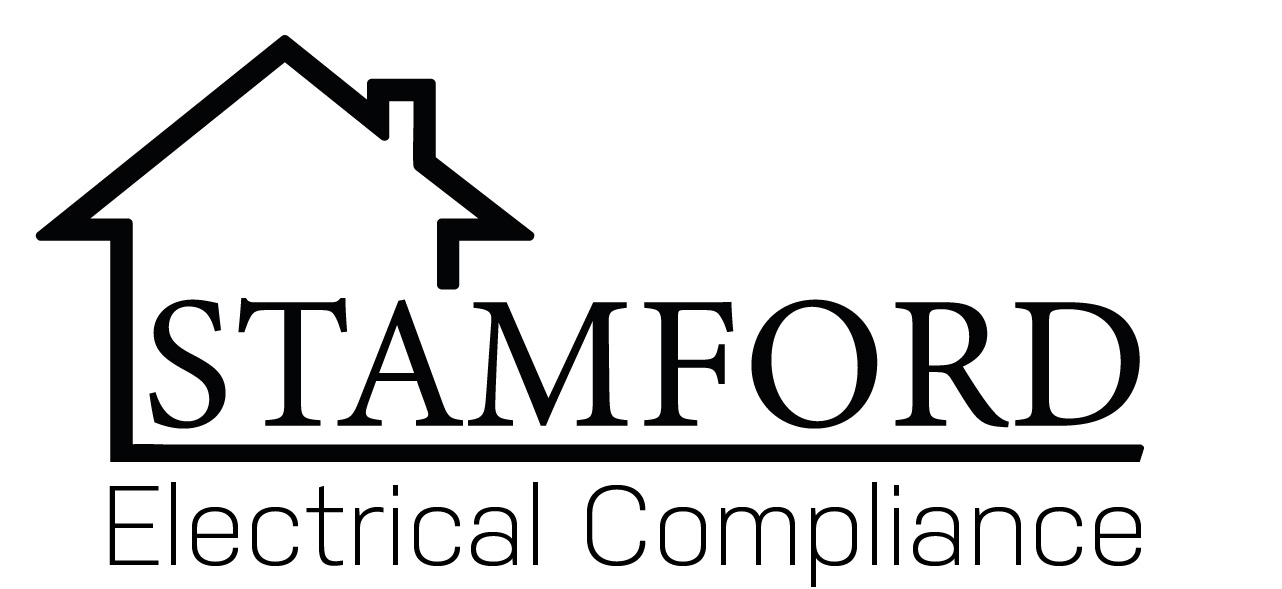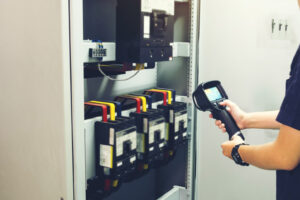The repercussions of electric shock at work, ranging from fatalities and physical harm to lasting harm to property, can severely impact a company. It can also result in legal responsibilities for both businesses and individuals. This may lead to legal action, including fines or potentially imprisonment, if violations of laws and regulations are identified. In this article we examine the dangers associated with electric shock in the workplace and delves into the consequent legal liability.

Electrical shock at work: the risks
Electrical shocks at work can have serious consequences for employees and employers alike. Some of the risks associated with electrical shocks at work include:
Injury: Electrical shocks can cause serious injuries, including burns, muscle spasms, and even cardiac arrest. These injuries can result in hospitalization, long-term medical treatment, and even permanent disability.
Death: In severe cases, electrical shocks can be fatal. Employees working with high-voltage machinery or equipment are especially at risk of sustaining fatal injuries from electrical shocks.
Damage to equipment: Electrical shocks can also cause damage to equipment, resulting in costly repairs or replacements. This can impact productivity and result in downtime for the business.
Fire hazards: Electrical shocks can create sparks or ignite flammable materials, leading to fires in the workplace. Fires pose a significant risk to employees and can cause extensive damage to property.
Legal consequences: Employers have a legal responsibility to provide a safe working environment for their employees. Failure to do so can result in fines, lawsuits, and damage to the company’s reputation.
To mitigate the risks of electrical shocks at work, employers should ensure that all electrical equipment is properly maintained and regularly inspected, that employees are trained on safe work practices, and that proper safety protocols are in place.
What UK regulations relating to electrical safety in the workplace?
The main UK regulations relating to electrical safety in the workplace are:
Electricity At Work Regulations 1989 – These regulations require precautions to be taken against the risk of death or injury from electricity in work activities. It places duties on employers, employees, and the self-employed to ensure that electrical systems are safe to use.
Health and Safety at Work etc Act 1974 – This act places a duty on employers to protect the health, safety, and welfare of their employees at work. This includes ensuring that electrical equipment and systems are safe to use.
The Provision and Use of Work Equipment Regulations 1998 (PUWER) – These regulations require employers to ensure that work equipment is safe to use, including electrical equipment.
The IET Wiring Regulations (BS 7671) – These are the national standard in the UK for the safety of electrical installations. They cover the design, selection, and erection of electrical systems in all types of buildings.
The Electricity Safety, Quality and Continuity Regulations 2002 – These regulations set out requirements for the safety and quality of electricity supply in the UK.
Supply of Machinery (Safety) Regulations 1992
Electrical Equipment (Safety) Regulations 1994
Who is liable for an electric shock at work?
Everyone, including employers and employees need to adhere to these regulations in order to guarantee the safety of electrical systems within the work environment. By not following these regulations can lead to penalties, legal consequences, and, most importantly, the potential for severe injury or fatalities.
Special regulations are implemented for mines and environments prone to explosions. Rules regarding electrical safety are included in broader regulations concerning workplace equipment and the reporting of accidents on the job.
Do not compromise on electrical safety – talk to the professionals.
Considering the potential consequences of electric shock incidents in the workplace and the legal responsibilities that come with it, it is essential for employers, site supervisors, and business proprietors to implement measures to guarantee the safety and compliance of electrical systems.
Stamford PM Electrical provides thorough electrical testing and inspection services for businesses and properties of various sizes throughout the UK. Get in touch with us today at 01780 918 917 to learn more about how we can help.




